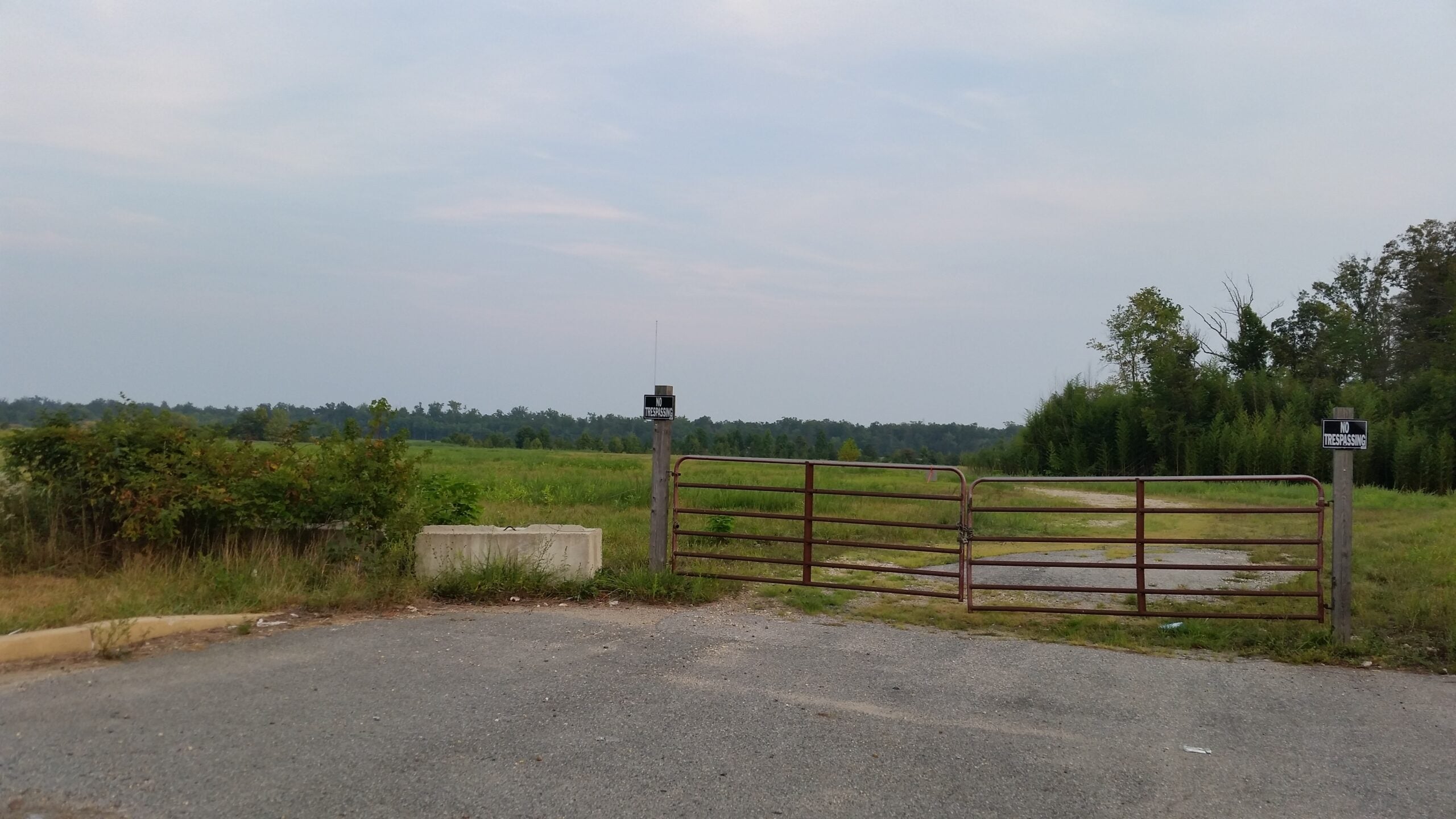Maryland Power Plant Decision Prompts Federal Investigation
State faces possible loss of millions in funding for authorizing pollution in violation of civil rights laws
Contact
The U.S. Department of Transportation and the U.S. Environmental Protection Agency will launch a federal investigation into possible violations of the Civil Rights Act by Maryland authorities that authorized the Mattawoman Energy fossil-fuel power plant in Brandywine, Md.
Brandywine is located in an unincorporated portion of Prince George’s County that is 72% African-American.
The federal investigation, announced late Tuesday, comes in response to a civil rights complaint filed by Earthjustice in May on behalf of local residents, the Brandywine TB Coalition, and Patuxent Riverkeeper.
The administrative complaint was filed with the offices of civil rights at the U.S. Environmental Protection Agency and the U.S. Department of Transportation because those federal agencies fund the relevant Maryland agencies and are charged with overseeing their compliance with civil rights laws.
The groups asked the U.S. Department of Justice to coordinate the investigation and oversee any enforcement actions that are taken.
The groups claim that the decision by Maryland’s Public Service Commission, Department of the Environment, and Department of Natural Resources, which together approved the plant, constitutes discrimination on the basis of race because it will cause unjustified adverse impacts to the majority African-American community and because the authorities failed to assess whether the project would cause disparate impacts or explore alternatives that avoid such impacts.
The investigation could result in the suspension or termination of millions of dollars in federal grants and assistance to Maryland.
Brandywine is in an unincorporated portion of Prince George’s County that is 72 percent African-American. It has two operating fossil-fuel plants and three permitted fossil-fuel plants, all within 13 miles of Brandywine.
Esri, HERE, DeLorme, MapmyIndia, © OpenStreetMap contributors, and the GIS user community
Map of Brandywine and nearby power plants. View larger map.
If all the permitted power plants are built it would mean that more than 30 percent of the state’s large fossil fuel plants will be clustered in close proximity in the Brandywine area.
Prince George’s County, which is 65 percent African American, is already in violation of national air quality standards for ozone, which is linked to asthma. By Mattawoman Energy’s own admission, the new gas plant’s pollution would combine with existing pollution sources to cause excessive levels of nitrogen dioxide, which is linked to heart disease, asthma and stroke.
Brandywine TB Coalition President Kamita Gray said she was really pleased that the two federal agencies will investigate.
“We are ecstatic that the offices of civil rights have committed to more aggressively evaluate recipients of DOT and EPA funding to ensure their compliance with federal civil-rights laws,” Gray said.
Environmental discrimination must be addressed, she added.
“The foisting of pollution on minority communities is environmental discrimination and we look forward to the development of proactive compliance by the Maryland agencies,” said Gray.
Fred Tutman, the Patuxent Riverkeeper, agreed.
“We are truly excited that the EPA will hopefully take an unbiased look at a systemic blind spot in how our state repeatedly reviews and apportions disparate impacts on communities that nearly always seem to receive the brunt of the most intensive and least desirable environmental consequences,” said Tutman.
What You Need To Know About Title VI of the Civil Rights Act of 1964
Randy Edwards / CC BY-NC-ND 2.0
Read the explainer
Earthjustice attorney Neil Gormley, the lead attorney on the case, said the decision by the federal agencies to investigate gives credence to the fact that permitting the Mattawoman plant is a civil rights issue.
“We all know it’s unfair to concentrate industrial pollution sources in particular communities,” Gormley said. “This decision to launch a federal investigation confirms that it’s also a civil rights issue.”
He added that the Maryland authorities should immediately reconsider their decision.
“It’s not too late for the state of Maryland to make things right. Instead of permitting more pollution, let’s make Maryland a leader in the transition to a prosperous clean energy future.”
Esri, HERE, DeLorme, MapmyIndia, © OpenStreetMap contributors, and the GIS user community
The communities in closest proximity to all Maryland’s 13 power plants are disproportionately black. (Larger map)

Additional Resources
About Earthjustice
Earthjustice is the premier nonprofit environmental law organization. We wield the power of law and the strength of partnership to protect people's health, to preserve magnificent places and wildlife, to advance clean energy, and to combat climate change. We are here because the earth needs a good lawyer.